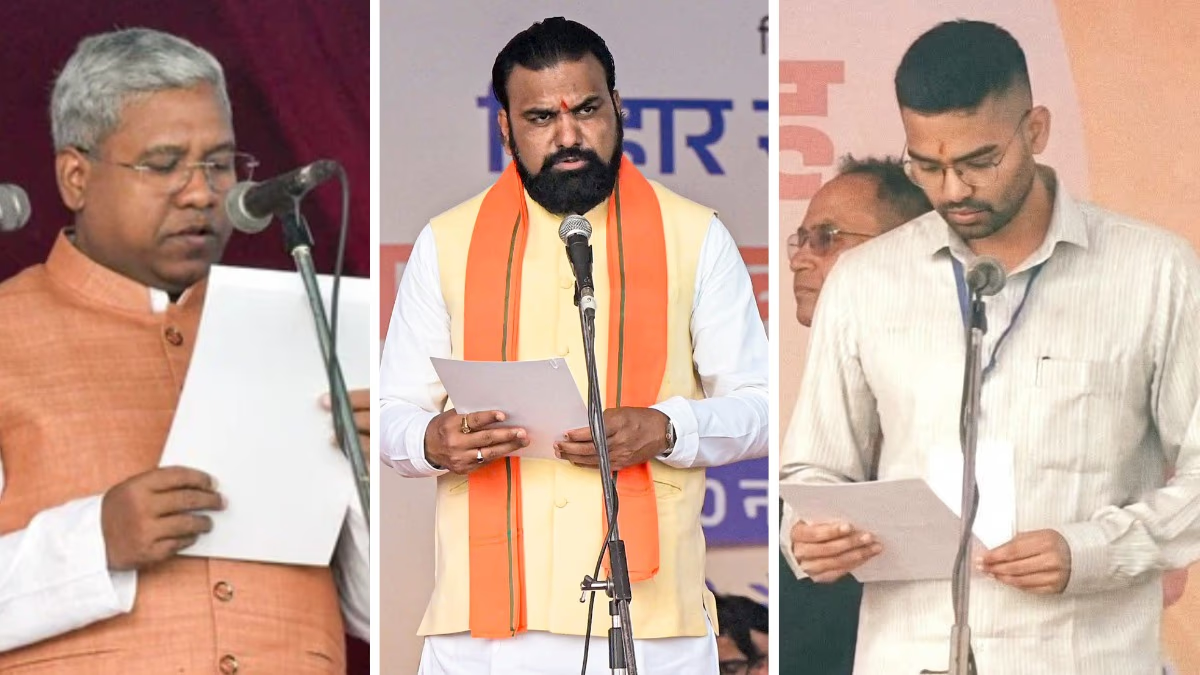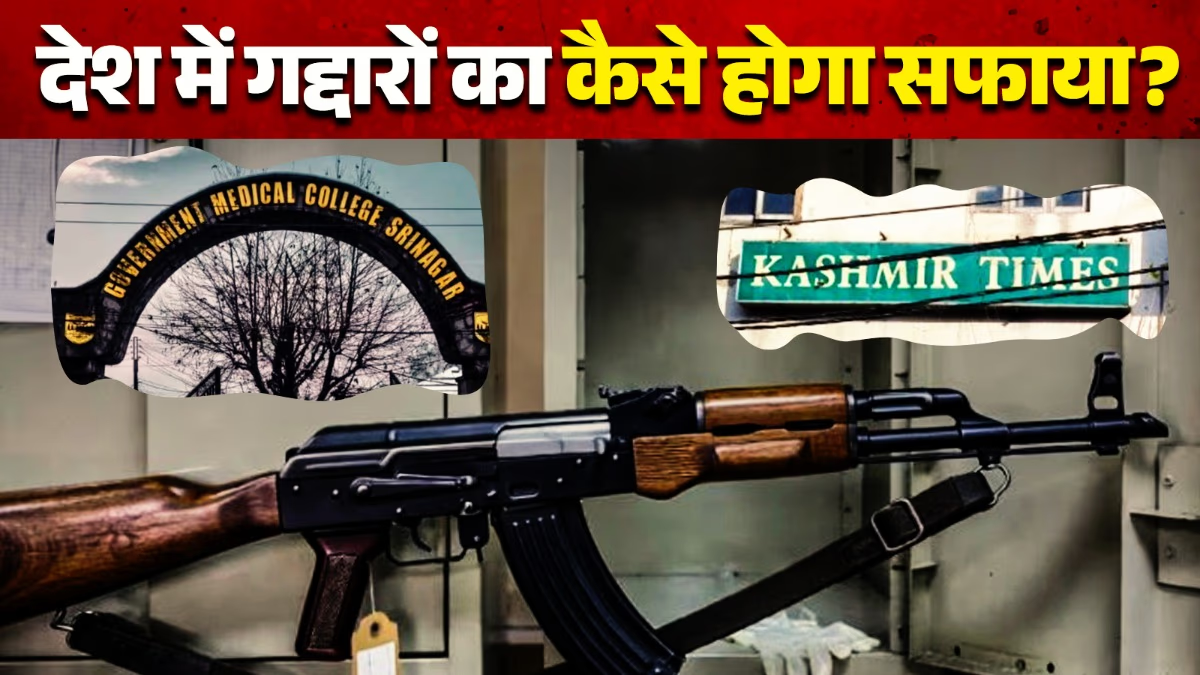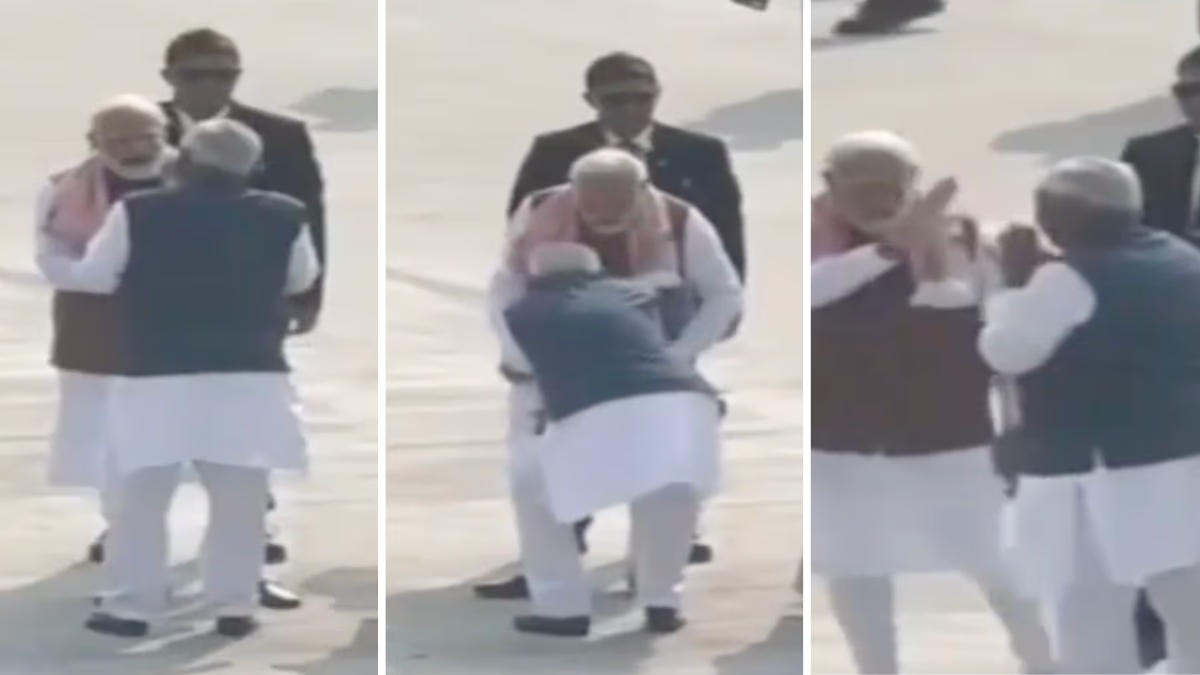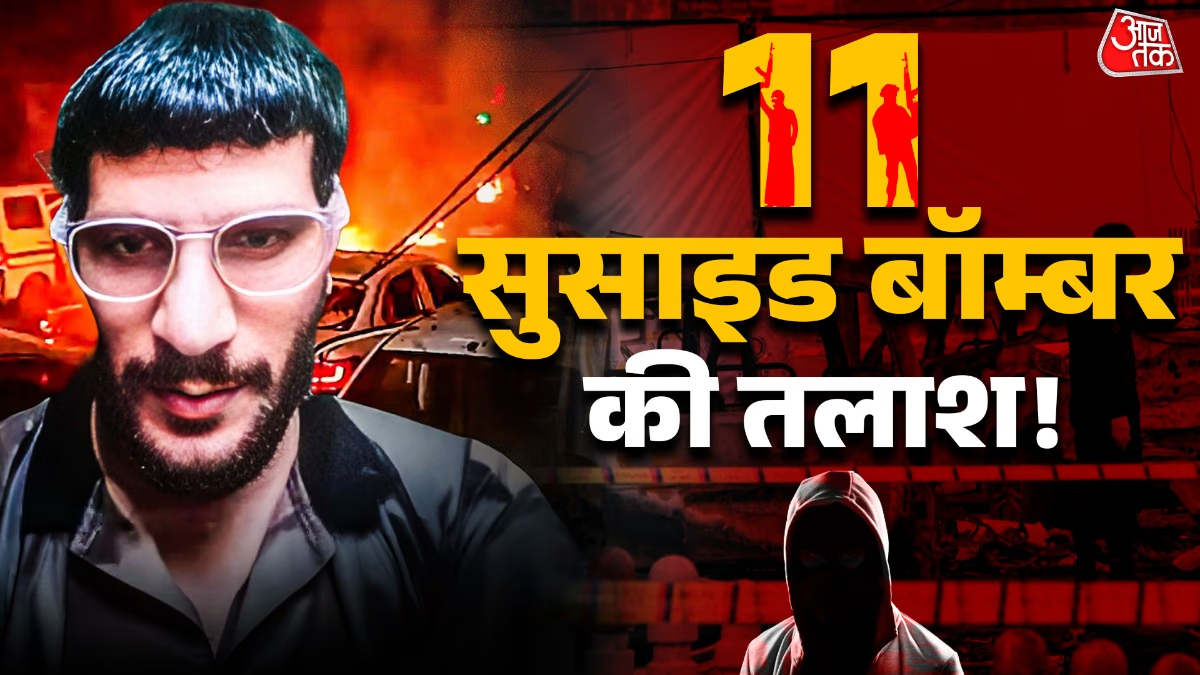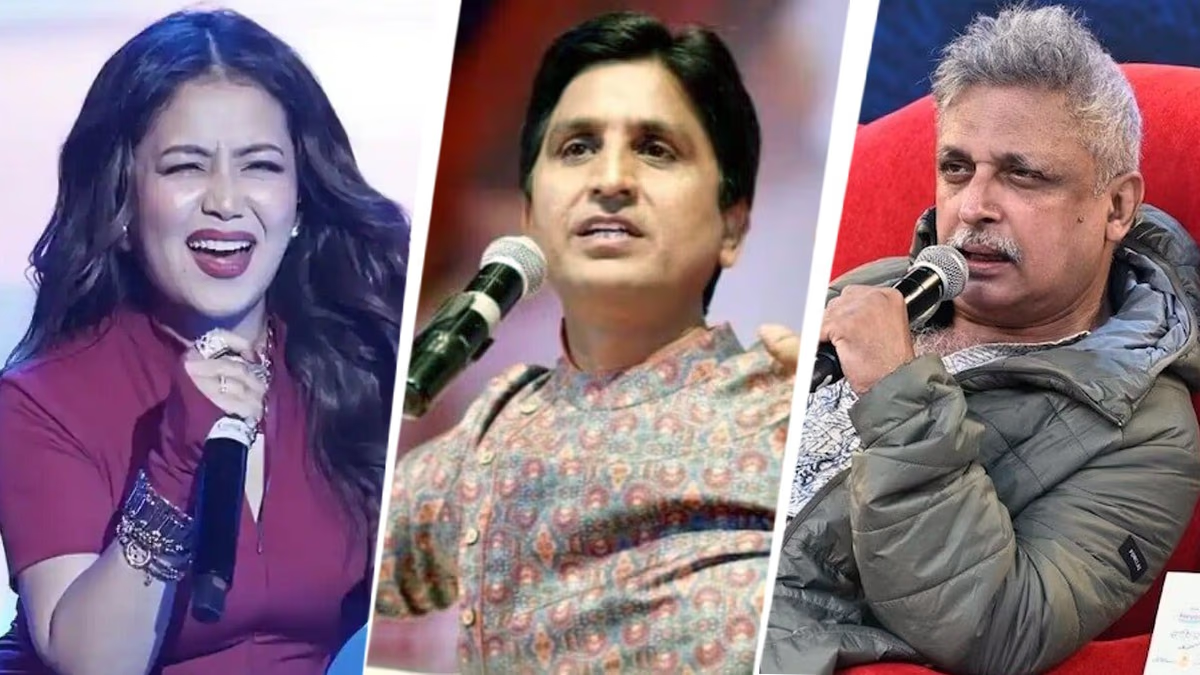Nitish Kumar took the helm as the Chief Minister of Bihar for the tenth time, bringing cheers to NDA supporters. However, the opposition party RJD launched a scathing attack on the new government, accusing it of dynasty politics. After the swearing-in ceremony on Thursday at Patna's Gandhi Maidan, the RJD posted on social media, claiming that several ministers in Nitish's government are linked to political dynasties. They even took a jab at statements made by Prime Minister Modi and Nitish Kumar against dynasty politics.
The RJD's post portrayed several ministers as products of their political family ties, listing details of the political lineage of 10 ministers. The post concluded by stating that these ministers will transform Bihar with the blessings of the Prime Minister and the Chief Minister, ending nepotism in the state.
The post sparked political debate, with RJD supporters labeling it as an exposure of the NDA's repeated reliance on dynasty politics, whereas NDA leaders dismissed it as post-defeat frustration.
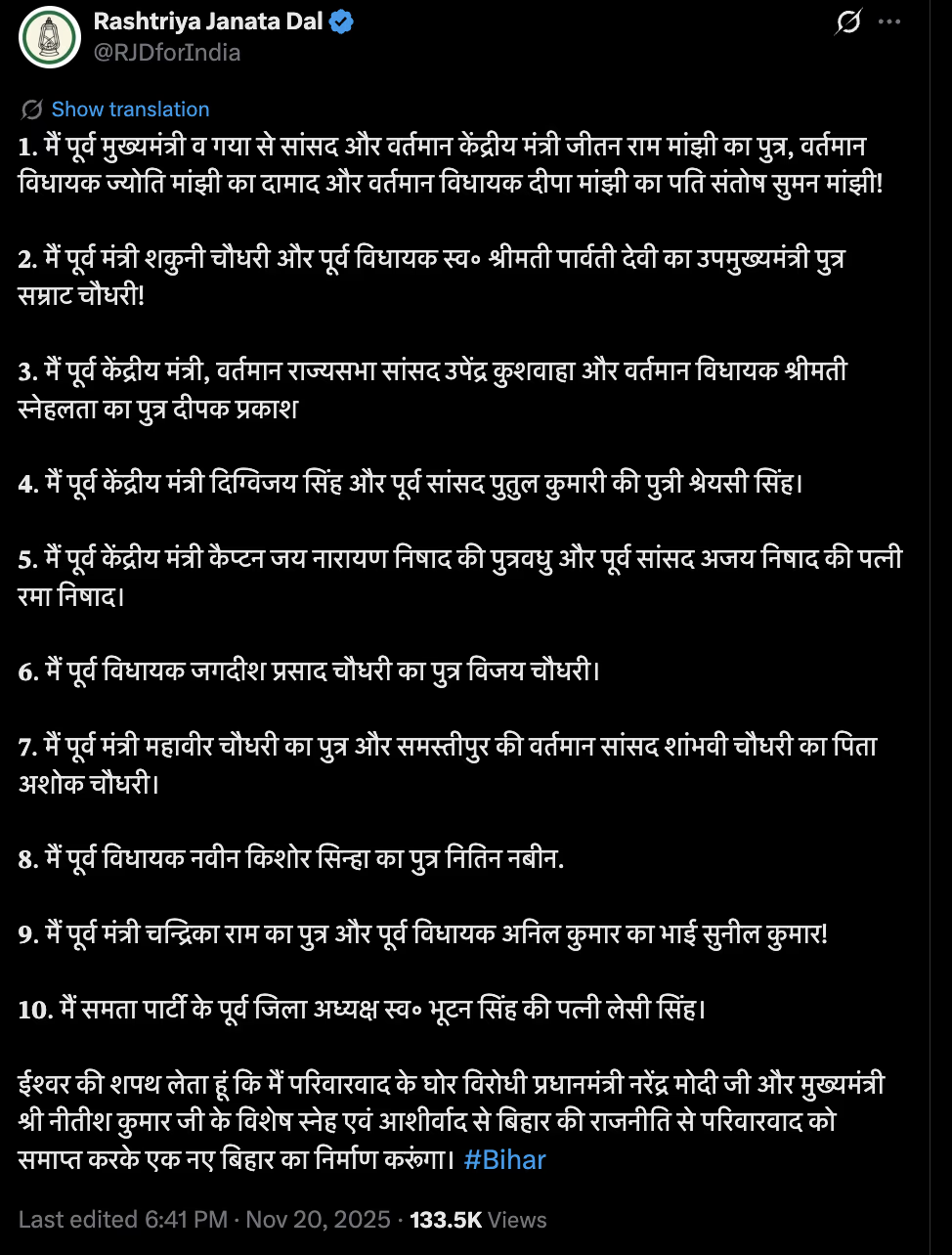
Source: aajtak
Example of Dynasty: Santosh Suman and the Manjhi Family
In the new government, Santosh Kumar Suman of the Hindustani Awam Morcha has been appointed minister thrice. He is the son of former Chief Minister and Union Minister Jitan Ram Manjhi. Interestingly, despite Manjhi's party winning five seats, none of the new legislators were made ministers; instead, council member Santosh Suman was elevated. This move is seen as a strategic decision by the Manjhi family to maintain their grip and political clout.
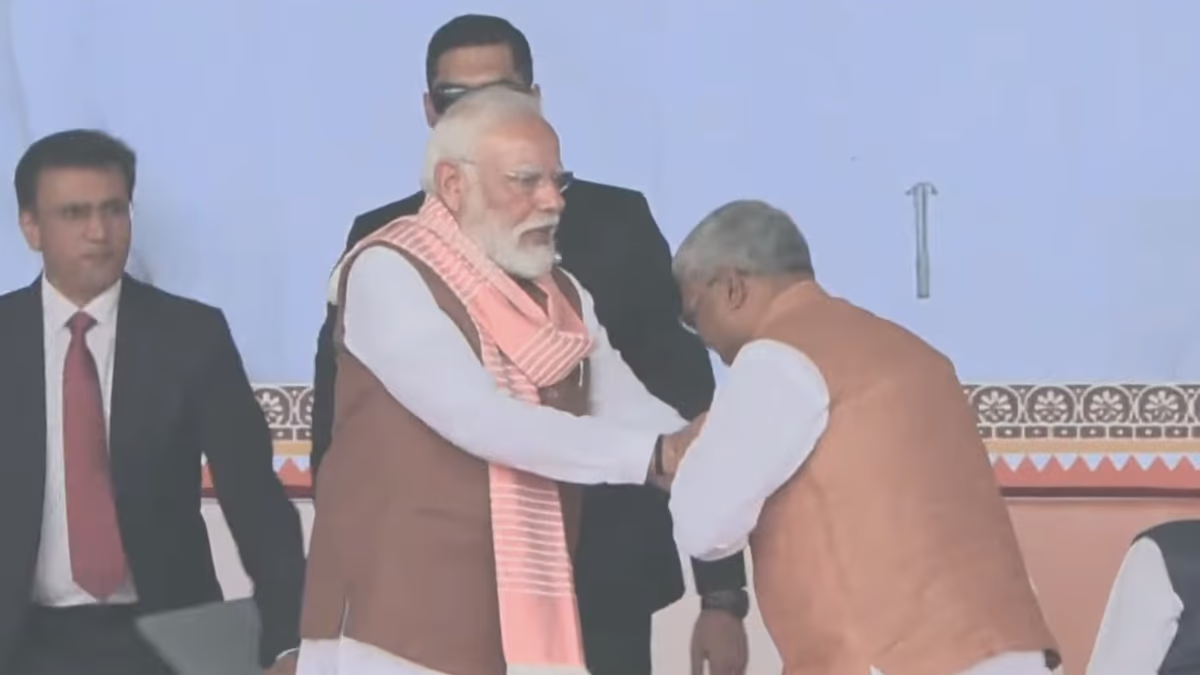
Source: aajtak
Educated in political science, Santosh Suman holds an MA, UGC-NET, and a PhD. Before entering politics, he was a teacher and social worker. The Manjhi family now includes a central minister, state ministers, and two legislators actively participating in politics.
Also Read:
Deepak Prakash as Minister Without Winning Elections
Deepak Prakash, son of NDA leader Upendra Kushwaha, was appointed minister without contesting an election. Notably, during the swearing-in, he appeared in jeans and a shirt, which became a talking point. A computer science engineer with experience in MNCs, his ministerial role was part of a pre-election agreement between Amit Shah and Kushwaha, considering Kushwaha's dissatisfaction during seat distribution, leading to his council seat and ministerial entry.
Long List of Dynasties: From Samrat Choudhary to Other Ministers
The RJD’s post also mentions Deputy Chief Minister Samrat Choudhary, part of a prominent political family. Ministers like Shreyasi Singh and Rama Nishad are other examples, connected to political families. Several other ministers, including Vijay Choudhary, Ashok Choudhary, Nitin Navin, Sunil Kumar, and Lesie Singh, also hail from political dynasties.
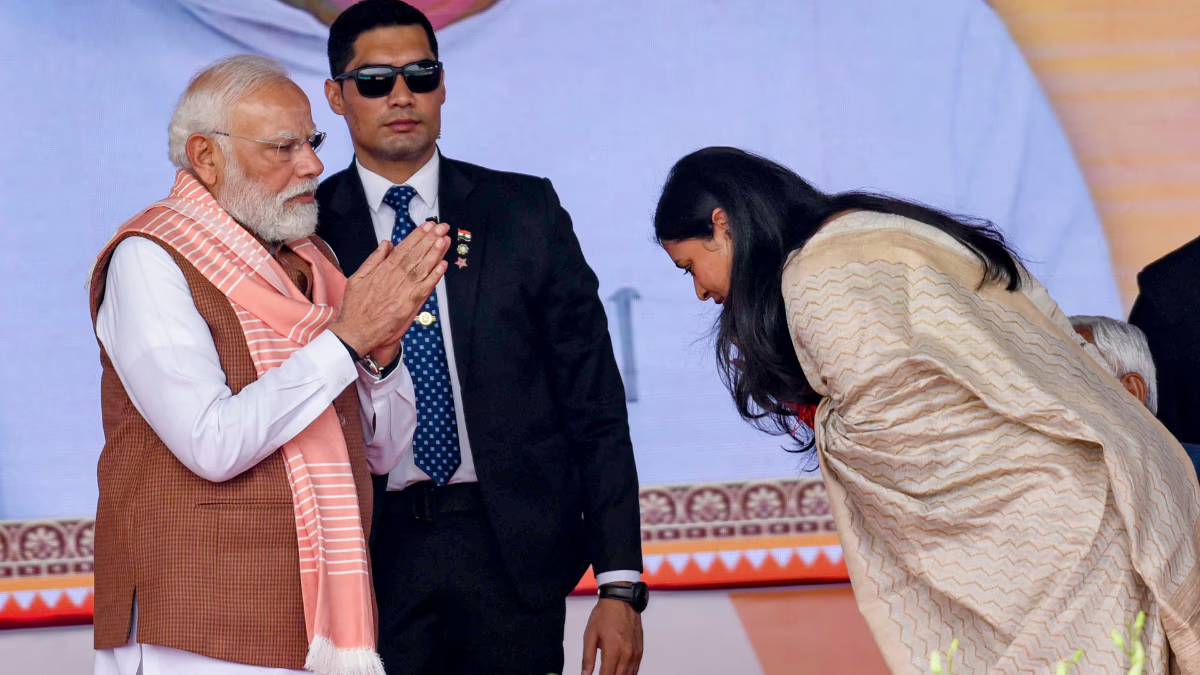
Source: aajtak
Modi-Nitish's Anti-Dynasty Stance vs. Reality
Prime Minister Narendra Modi has often criticized dynasty politics, claiming it's not right for a party to be family-driven. Nitish Kumar, too, has not involved himself or his son in politics. In 2020, Nitish criticized the Lalu Yadav family for promoting only their children in the name of development. Ironically, both leaders now lead a government where dynasty politics is evident, highlighted by the RJD in its post.
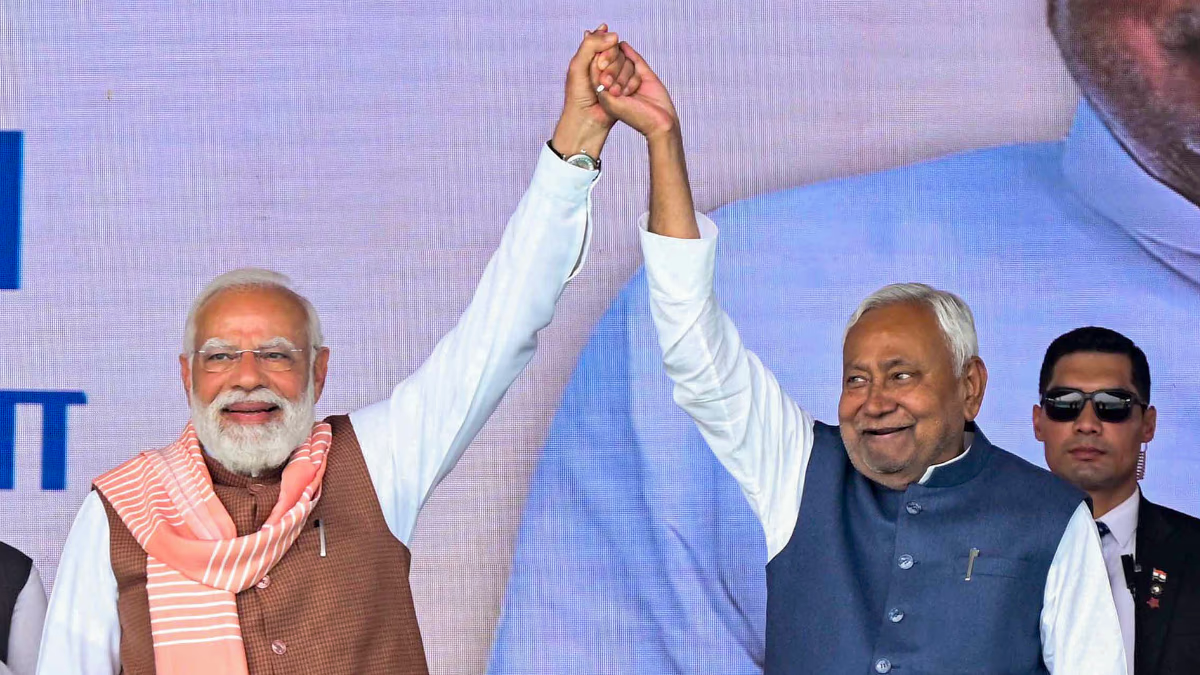
Source: aajtak
Bihar 2025 Elections: Dynasty vs. Development
The 2025 Bihar assembly elections saw the NDA securing a massive win, with BJP and JD(U) emerging as the largest parties. The Grand Alliance secured only 35 seats. Dynasty politics was a hot topic in the elections. NDA targeted the Lalu family for dynasty politics, and Tej Pratap Yadav's significant loss was seen as a testament. Analysts labeled it as a defeat of dynasty politics.
The RJD argued, however, that NDA's promise of curbing dynasty politics was contradicted by promoting ministers like Santosh Suman and Deepak Prakash. Many NDA legislators are entrenched in dynasty politics, including several from BJP and JD(U).
Also Read:
Dynasty: A Major Concern Beyond Bihar
Dynasty politics is not confined to Bihar alone. Across India's major parties, political dynasties are prevalent. Be it the Gandhi family in Congress, the Lalu family in RJD, or the Yadavs in SP, examples are plenty. In Bihar, smaller parties exhibit this trend even more starkly.
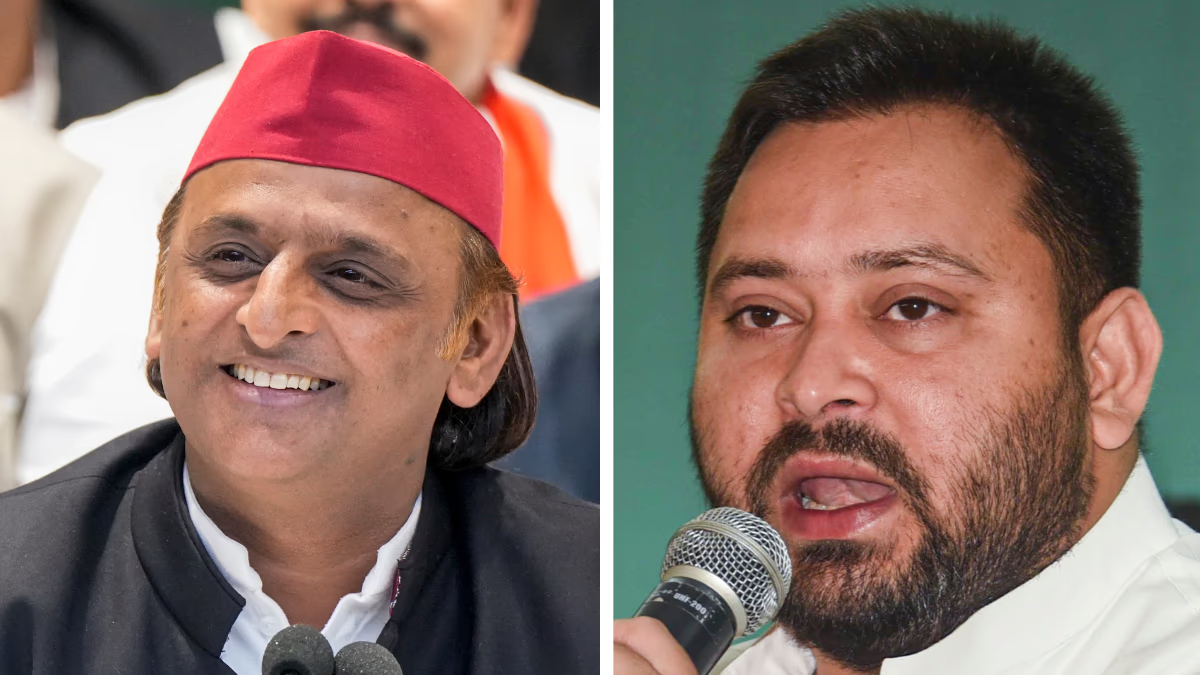
Source: aajtak
Prime Minister Modi was clear on distinguishing between individuals entering politics from political families and entirely family-run parties. Critics note that when small family-based parties join coalitions, the larger party's stance loses its impact.
Is Dynasty Politics an Issue Limited to One Party?
Dynasty politics in Bihar is not the monopoly of any single party. Whether NDA, RJD, JD(U), or others, political dynasties are omnipresent. Reviewing candidate lists during elections makes it evident that family-based identity has become a sort of electoral capital.
Nevertheless, RJD has typically faced the brunt of dynasty politics accusations during election rallies, with a persistent narrative painting it as the embodiment of dynastic rule. The RJD's post attempts to shift this narrative's direction.
The Role of the Public and Finally...
The electorate in Bihar in 2025 demonstrated political awareness with a voter turnout of 67.13%. This shows that the public understands political accountability, choosing candidates with dynastic ties but also considering merit, party policies, and local issues.
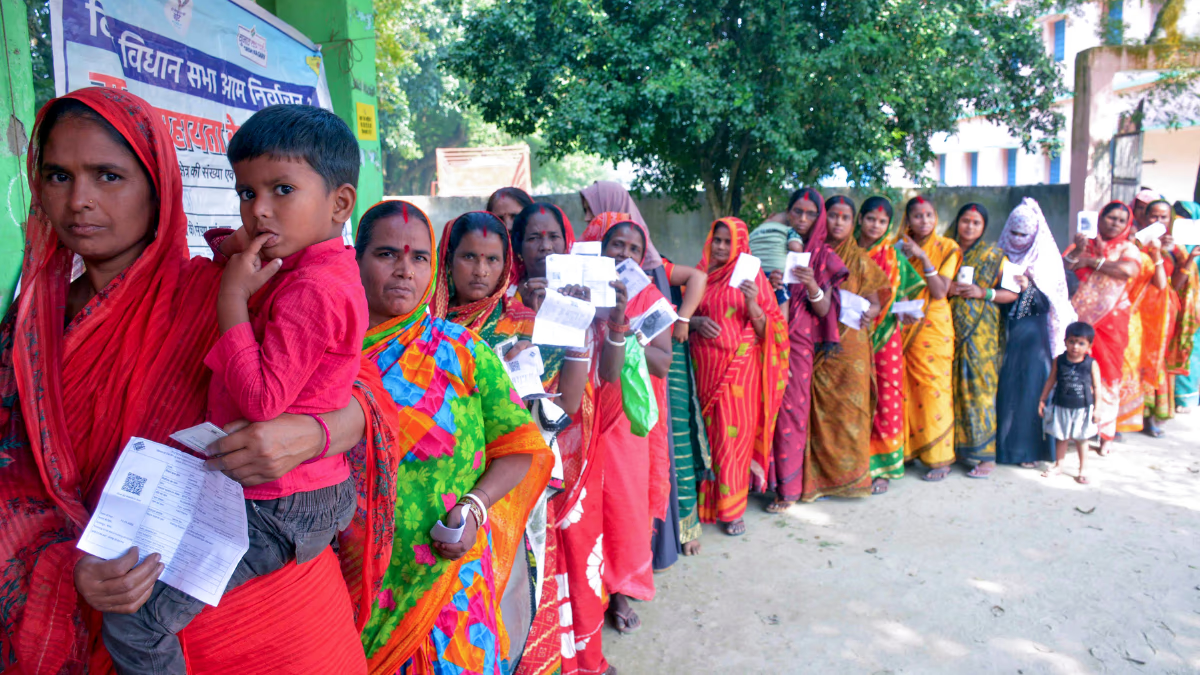
Source: aajtak
The RJD's post raises the question—Is dynasty politics genuinely an issue or merely a weapon against the opposition? In governance, dynasty politics is deemed a "political legacy" while in opposition, it's labeled "dangerous."
The Debate Continues
Dynasty politics will remain a significant issue in Bihar's new government. While the NDA claims it appoints based on merit, the RJD cries foul over double standards. The truth perhaps lies somewhere in between. Nitish Kumar set a record by becoming Chief Minister for the tenth time. Now, he must prove that governance is based on merit, not family ties. Santosh Suman, Deepak Prakash, and other ministers need to demonstrate their capabilities.
This debate over dynasty politics transcends Bihar, impacting the entire country's democratic landscape. Ultimately, it is the public who will decide how and when to accept dynastic connections.
Also Read:
Bihar’s politics has always mirrored the national scene. From the JP movement in 1974 to 2025, many changes have unfolded. This debate on dynasty politics marks a new chapter in history. Time will reveal if Bihar is progressing towards a "New Bihar" or if old politics continues with new faces.
